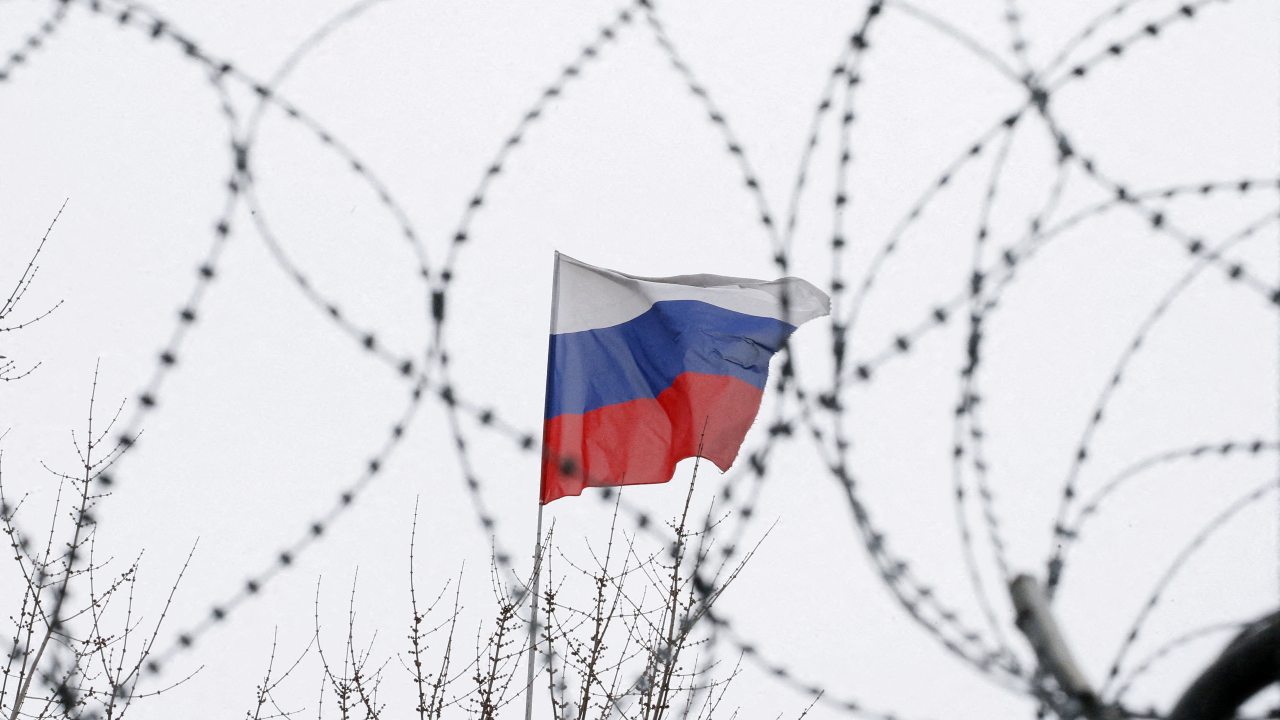Liberalism, a political philosophy advocating individual rights, limited government, and economic freedom, has had a complex and often tumultuous history in Russia. While it has influenced Russian political thought, its practical implementation has been hindered by various factors, including authoritarianism, nationalism, and economic challenges.
The Rise of Liberalism in Russia
The 19th century saw the emergence of liberal thought in Russia, inspired by European Enlightenment ideas. Thinkers like Alexander Herzen and Nikolai Chernyshevsky advocated for individual freedoms, constitutional government, and social reform. However, the Tsarist regime suppressed these ideas, leading to revolutionary movements and political upheaval.
The Bolshevik Revolution of 1917 brought about a communist regime that was fundamentally opposed to liberal principles. The Soviet Union, under the iron fist of Joseph Stalin, imposed a totalitarian system that stifled individual freedoms and dissent.
The Post-Soviet Era: A Brief Flourishing
Following the collapse of the Soviet Union in 1991, Russia embarked on a path of democratic and economic reform. Liberal ideas gained prominence, and a new generation of politicians, such as Boris Yeltsin, championed market liberalization and political pluralism. However, this period of liberal experimentation was short-lived.
The Decline of Liberalism
The rise of Vladimir Putin in the early 2000s marked a significant shift away from liberal democracy. Putin’s government has gradually consolidated power, suppressing dissent, and limiting political freedoms. The media has been tightly controlled, and independent voices have been silenced.
Key factors contributing to the decline of liberalism in Russia include:
- Authoritarian Backlash: The rise of authoritarianism and the erosion of democratic institutions.
- Economic Challenges: Economic instability and corruption have undermined public trust in liberal economic reforms.
- Nationalism and Conservatism: A resurgence of nationalist and conservative ideologies has challenged liberal values.
- International Factors: Geopolitical tensions and Western sanctions have further isolated Russia and limited its engagement with the liberal international order.
The Future of Liberalism in Russia
The future of liberalism in Russia remains uncertain. While a vibrant civil society and a strong intellectual tradition continue to exist, the political space for liberal ideas has been significantly narrowed. The challenges facing the Russian liberal movement are formidable, but it is essential to remain hopeful and continue to advocate for democratic values, human rights, and individual freedoms.

Leave a Reply